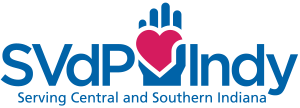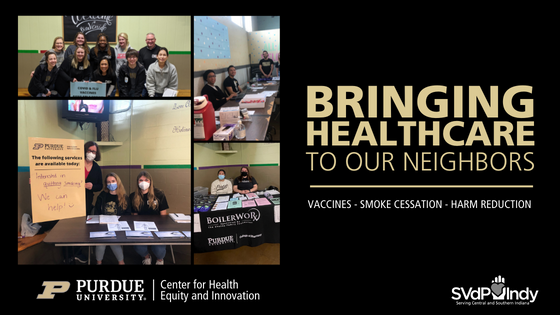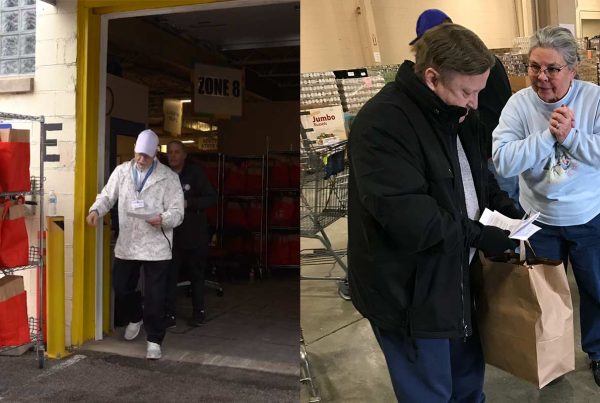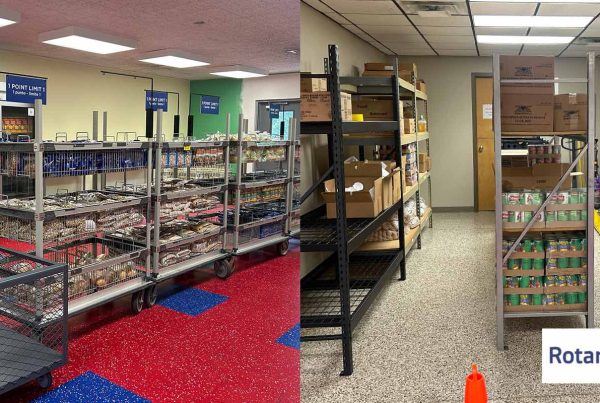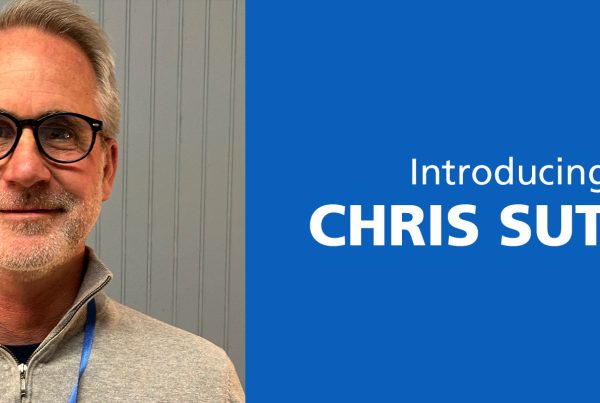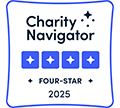The COVID-19 pandemic dramatically changed life as we know it for a period of time. Most of us look back on those early months with dread—it was hard all around. Yet, it was a pivotal time for opening the community’s eyes to disparities people experience when it comes to food, shelter and healthcare.
The pandemic was the catalyst for many new initiatives, including the Center for Health Equity and Innovation (CHEqI) at Purdue University. The center—which includes Purdue faculty and students from public health, nursing, pharmacy and engineering—is focused on finding innovative ways to address the healthcare needs of populations historically underserved, particularly those with food and housing insecurity.
These health equity advocates knew if they were to truly make a difference—making healthcare more accessible—then they needed to go out into the community, meeting people where they lived. And that’s exactly what they did. They partnered with community organizations already serving the most vulnerable and marginalized.
Serving our SVdP Neighbors
Beginning in October 2021, a group of pharmacists and pharmacy students started visiting SVdP Indy’s 30th Street Food Pantry to administer COVID and flu vaccines. The CHEqI team has provided vaccines at 20 SVdP events to date. More than 500 vaccines have been given at SVdP locations—63% COVID vaccines and 37% flu vaccines.
Like SVdP, the CHEqI team believes that relationships are at the heart of their work. In order to build trust, they must become a familiar face and make themselves available and approachable.
“People are starting to recognize us,” says Susie Crowe, PharmD, Health Equity and Global Health Fellow. “We’re slowly building relationships and people know they can ask us questions and we’re there to help them.”
The CHEqI team is also reaching populations that often face another obstacle to healthcare: language differences. By adding Spanish-speaking coworkers and students to their team, they’ve been able to remove this barrier. In fact, 30% of the vaccinated at SVdP are of Hispanic ethnicity.
Expanding Healthcare Services
More recently, the group has expanded services beyond the vaccines. Now, SVdP neighbors can also get information and resources on smoking cessation and harm reduction.
- Smoking Cessation: Neighbors can receive basic smoking cessation education and resources, including 800-QUIT-NOW where they can get free aids to help them quit smoking.
- Harm Reduction (Opioid Crisis): The team passes out naloxone (Narcan), which is used to reverse an opioid overdose, much like an EpiPen reverses an allergic reaction. The goal of distributing naloxone and educating people about how to prevent, recognize and intervene in overdoses is to prevent deaths. Not everyone is ready for recovery, Crowe says, so naloxone saves lives, giving the individual an opportunity to find recovery. They also pass out specialized bags to safely dispose of medications.
Crowe hopes this is just the beginning. She says the team wants to continue to expand its offering. Future plans include education and resources for diabetes and cardiovascular health.
A Community Collaboration
Crowe is quick to point out that the center’s efforts are a true collaboration. In addition to Walgreens, they have partnerships with Overdose Lifeline and BoilerWoRx. Their work has also been supported by grants from the Marion County Public Health Department and the National Association of Chain Drug Stores (NACDS).
Additionally, Purdue students—our future pharmacists, nurses and other healthcare workers—are part of the effort. “The experience is teaching them that’s there’s more to the patient than they may see,” Crowe says. “and that they need to consider food, housing, transportation and other challenges as they treat individuals.”
She says CHEqI is intentionally developing future providers who are equipped to address the challenges patients face and fill the gaps in care that exist today.
